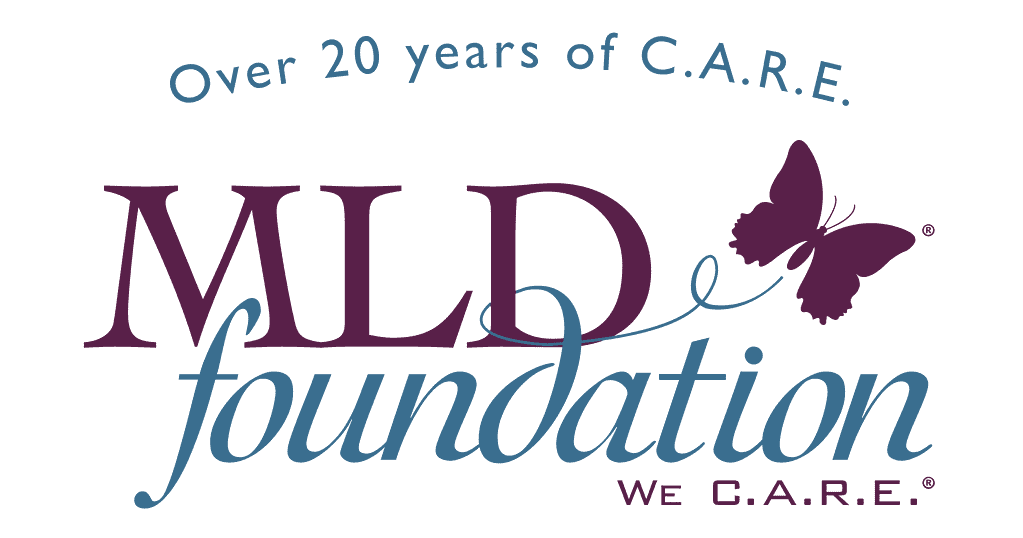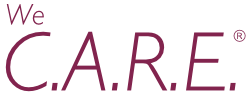

The following genetic sequencing descriptions were prepared by MLD Foundation. This page is continually updated and the content is copywritten.
Please do not copy this content, rather link to this page https://mld.foundation/sequencing when sharing this content so others always have the most up to date information.
You might be excited to know what your loved one’s mutations are … or you might be thinking I already know they have MLD, what difference will it make?
It’s true we don’t know exactly how every mutation affects MLD you may not learn anything … but on the other hand, we might know about their mutations … and you would be helping others as we correlate your loved one’s mutations to their clinical progression so others can learn from your loved one.
Orchard Therapeutics, along with a number of other biopharma companies, have come together to sponsor FREE genetic sequencing for MLD patients and their families, including extended family as part of the Detect Lysosomal Diseases program.
The testing is being done by Invitae, a trusted and very experienced genetic sequencing company.
All patients enrolled in the Invitae Detect LSDs program will also be eligible for sponsored, no-charge post-test genetic counseling with GeneMatters, a third-party genetic counseling service.
Yes, the genomic sequencing and both pre- and post-sequencing genetic counseling are paid for by the program sponsors. There is no cost to you or your extended family. Your local doctor must place the order for the sequencing and capture the sample.
Share this flyer with your loved one’s doctor so they can order the test. A saliva sample is all that’s needed.
Click here for test ordering information
On average, results are available 3-4 weeks after you send the specimen.
This program does not sequence your loved one’s entire genome. It is a panel test targeting the genes known to be associated with about 4 dozen lysosomal disorders, including MLD.
This is a medical test undertaken with your consent and is subject to HIPPA privacy provisions. After being deidentified, your results may be shared for research purposes, to improve the understanding of MLD genotype/phenotype correlation.
This free sequencing program is currently offered only to residents of the USA and Canada. (MLD genetic testing is available worldwide, but there is a cost outside the US & Canada.)
The primary patient in a family must be suspected of having an LSD based on at least one of the following:
Genetic sequencing (testing) looks for specific inherited changes (variants) in a person’s genes. Genetic variants can have harmful, beneficial, neutral (benign/no effect), or unknown/uncertain significance (VoUS) on the risk of developing a given disease.
Genetic sequencing analyzes a small bit of saliva, or sometimes blood, to examine the DNA for mutations – defective genes.
MLD is an autosomal recessive genetic disease. Your affected loved one received one bad gene from mom and one from dad. Mom and dad must both be carriers to pass along a bad gene. Carriers have a good gene and a bad gene. There is a 50% (2 in 4) chance their child will be a carrier, a 25% chance ( 1 in 4) that the child will be affected, and a 1 in 4 that the child will be free form MLD and not a carrier (MLD cannot be passed on).
Your DNA can mutate in many ways… causing the proteins (enzymes) to function improperly – or not at all.
The genotype is the genetic makeup of an individual. The phenotype is the observable clinical, physical, or biochemical characteristics.
A disease phenotype may be modulated by genetic and non-genetic modifiers. The correlation between genotype and phenotype is a statistical relationship that predicts a physical trait, abnormality, or progression in a patient with a given mutation or a group of similar mutations.*
This means two individuals with similar genotypes may present and progress differently. There is much to learn in this regard. Gathering patient genotype and phenotype (clinical presentation and progression) data is the key to improving our understanding of these correlations.
The Sequencing Report
The report you will get back will indicate which genes are defective, and what the experts, publications, and case studies know about the implication of those mutations. Remember that there are over 90,000 combinations of mutations known to cause MLD. Fortunately, a small number of those mutations are much more common (prevalent) than the rest so there can be greater insight if the mutations or the combination of the two mutations has been studied in other patients. However, this also means that hundreds of the mutations and tens of thousands of possible permutations are not as well understood.
Please moderate your expectations until you see the report. Regardless of the ability to correlate genotype and phenotype, the report will be valuable for improving our disease understanding, and to identify carriers and potential at-risk individuals in your extended family.
If you live in the USA or Canada, every MLD affected individual should be sequenced under the Detect program – it’s free and easy. After the affected loved one is sequenced, then the extended blood-related family – aunts, uncles, and cousins – should be sequenced.
If you live somewhere else, check with your medical insurance company or provincial/federal medical system to see if they will pay for sequencing. MLD Foundation will work with you to try to justify the need for the sequencing of your loved one.
Please feel free to call, email, or text us to discuss your family’s situation. We have been working with researchers and clinicians for over two decades. We are well informed about the current therapy and trial options and are happy to help you understand them so you can make an informed care decision.
© 2025, MLD Foundation, all rights reserved.